“Instead of telling me how to deal with abuse, why don’t you teach my husband not to be abusive?”
The argument was cogent, thought Anjana Goswami who was in Pune in 2012 taking a session on domestic abuse. The point raised by one of the women from one of the underprivileged communities compelled her to rethink the constructs of her workshop. The woman continued, “All the information you give encourages us to escape our abuser. But what if my husband hits me late at night? Are the streets safe for me at that time? Will anyone answer my call and help me?”
The volley of words, though hard-hitting, made complete sense, Anjana had to agree. Domestic abuse was a multi-layered problem, beyond the grasp of well-worded leaflets. And the only solution, she deduced, lay in a mentality shift.
But whose mentality, the question begged to be asked.
Historically, women have been on the margins of the patriarchal order, being instructed on how to go about life. But why does the brunt of safety fall solely upon women? Don’t you think it is time to steer the conversation to one inclined towards how men can become allies?
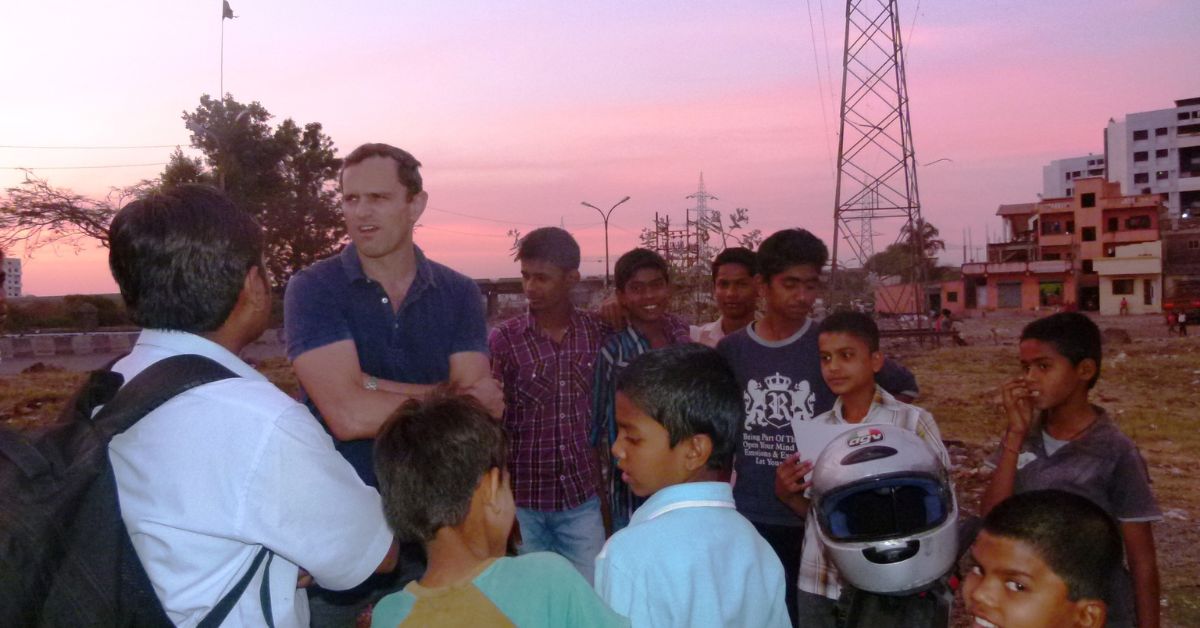
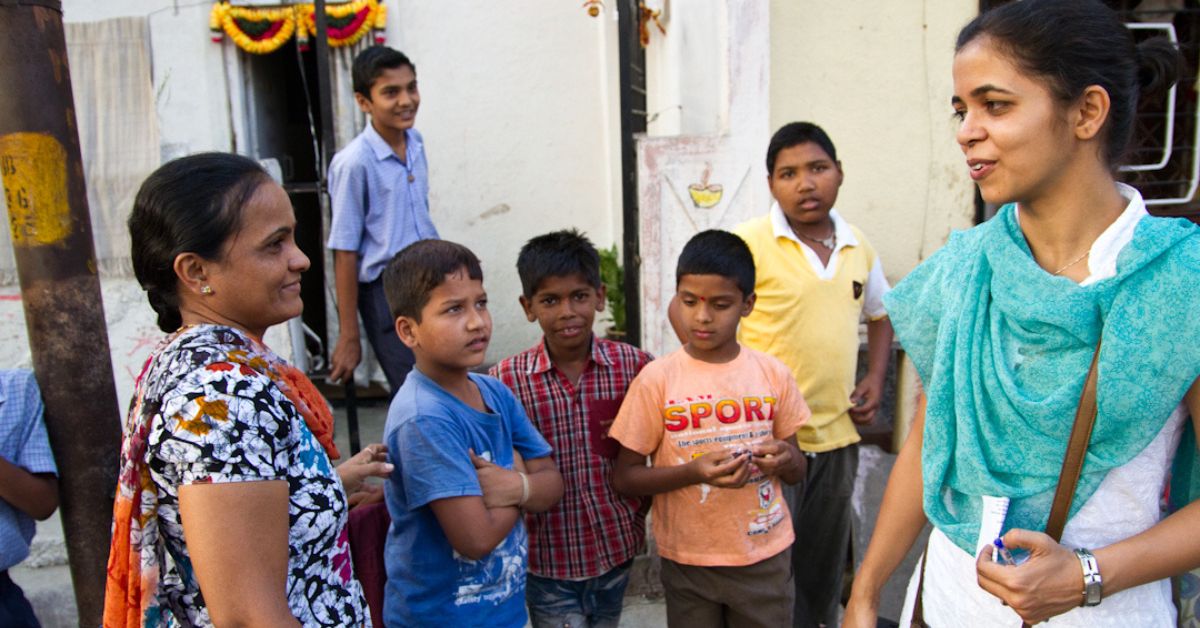
This reckoning compelled Anjana to join the Equal Community Foundation (ECF) — a Pune-based non-profit that is championing precisely this narrative. Through their work with adolescent boys, ECF ensures that gender-equitable behaviours are ingrained right from the outset, thus encouraging young boys to challenge outdated power dynamics. This is achieved through curriculums that transcend the boardroom, reaching men and boys across the slums and underprivileged communities of India.
And to think it all started with a simple observation.
‘Girls don’t have time for the movies’
In the year 2009, evenings were much awaited in the Tadiwala Road area in Pune. After all, it wasn’t every day that the community got a VIP seat to the screening of a Bollywood movie. They enjoyed the semblance of being in a theatre. The excitement was palpable. But the motive went beyond fun. For duo — corporate professional Will Muir and journalist Rujuta Teredesai — ‘Solar Cinemas’ had a social vantage. It was a way of sparking debate around problematic cinema scenes and then tying this in with community observations.
However, there was a slight problem.
“The screenings and the discussions — revolving around toxic masculinity and abuse in the movie scenes — were attended majorly by boys and men,” Anjana explains. The homemakers couldn’t afford the luxury of time away from their chores and trepidation kept the younger girls at bay. Understandably, they did not feel safe at these gatherings largely dominated by men.
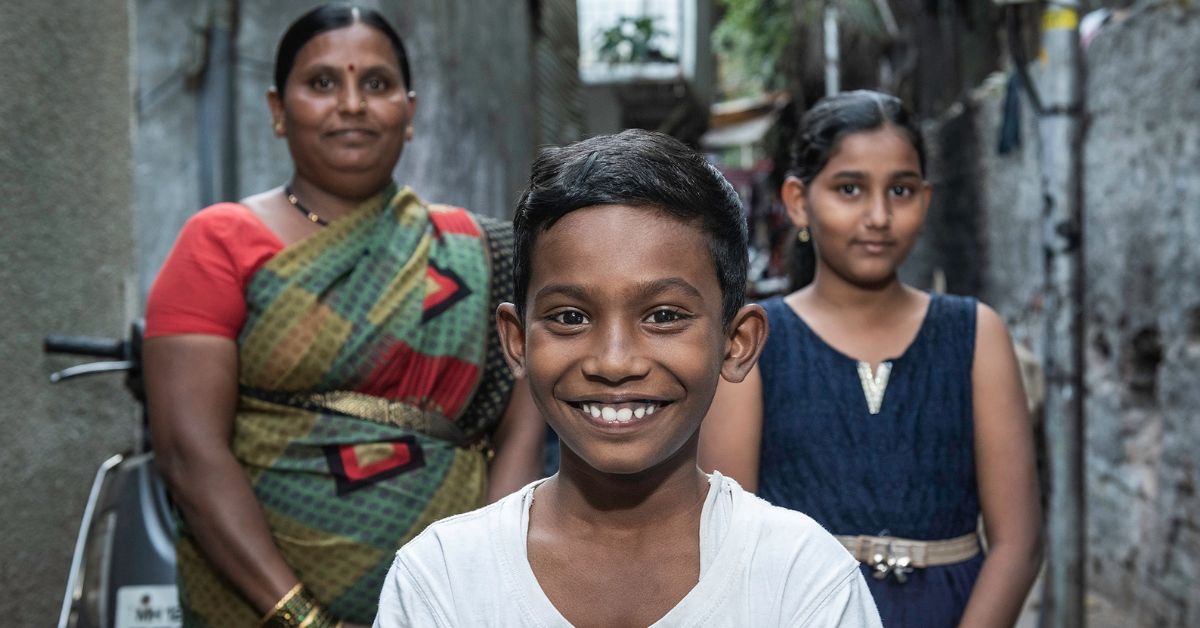
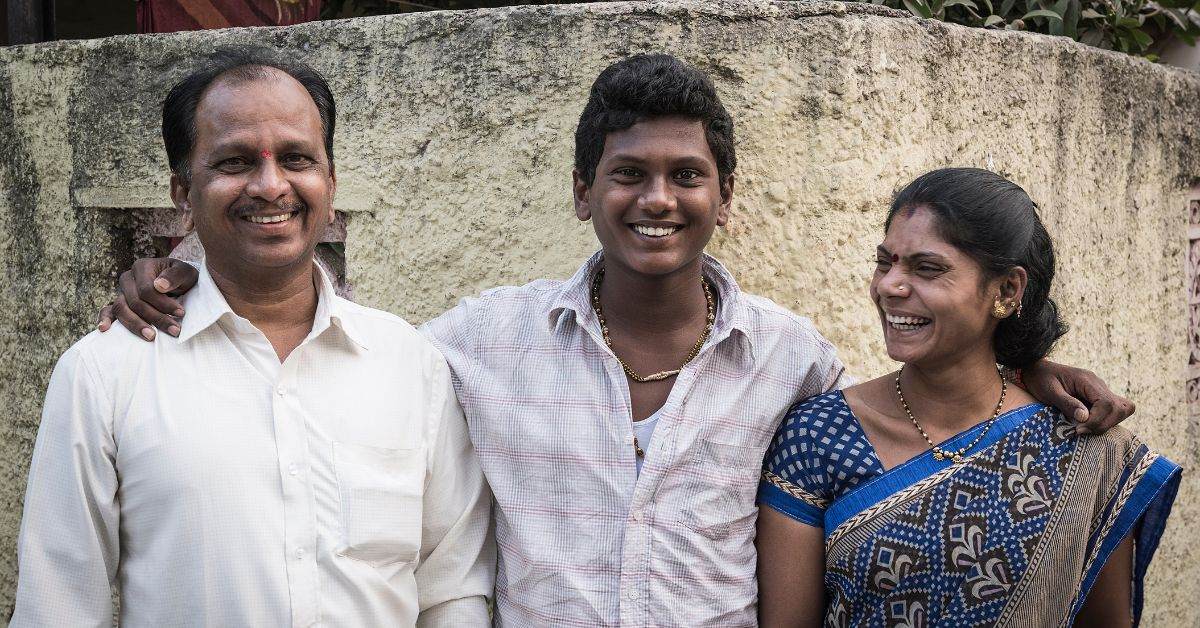
However, Will and Rujuta saw the all-men turnout as an opportunity to facilitate mindset shifts. They began addressing topics of gender bias. And that’s how Equal Community Foundation came into being in 2012.
Since the outset, Anjana explains, the idea has been to dismiss the bad and reinforce the good when it comes to gendered behaviours.
Raising the next generation of boys right
In the course of their workshops across the country, and through discussions with adolescents, ECF has arrived at some estimations. Out of the approximate 230 million boys under the age of 18 in India, they found a potential 57 percent to be those who justify violence against women, 50 percent to be those who are likely to use physical violence, and 25 percent likely to be involved in rape.
Though potential, these statistics are disturbing!
For decades, men have enjoyed a demographic advantage. Most crimes against women have been buoyed by toxic masculinity at play. This is where ECF’s gender transformative programmes step in. Aimed at creating opportunities for individuals to actively challenge gender norms, promote positions of social and political influence for women in communities, and address power inequities between persons of different genders — these create an enabling environment for gender transformation.
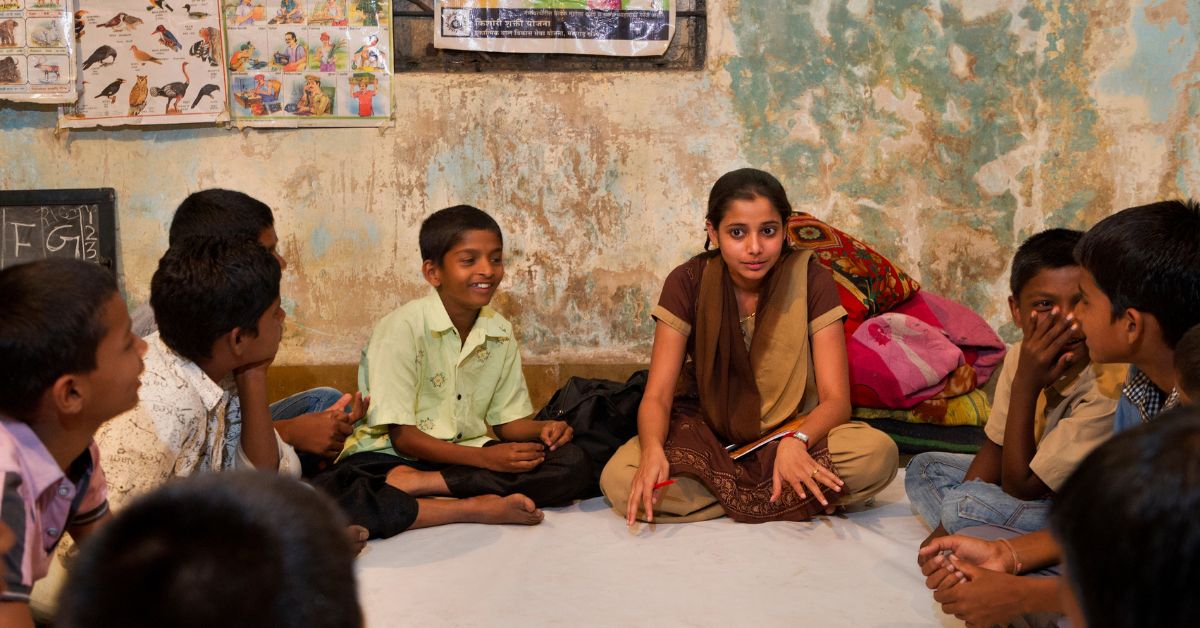
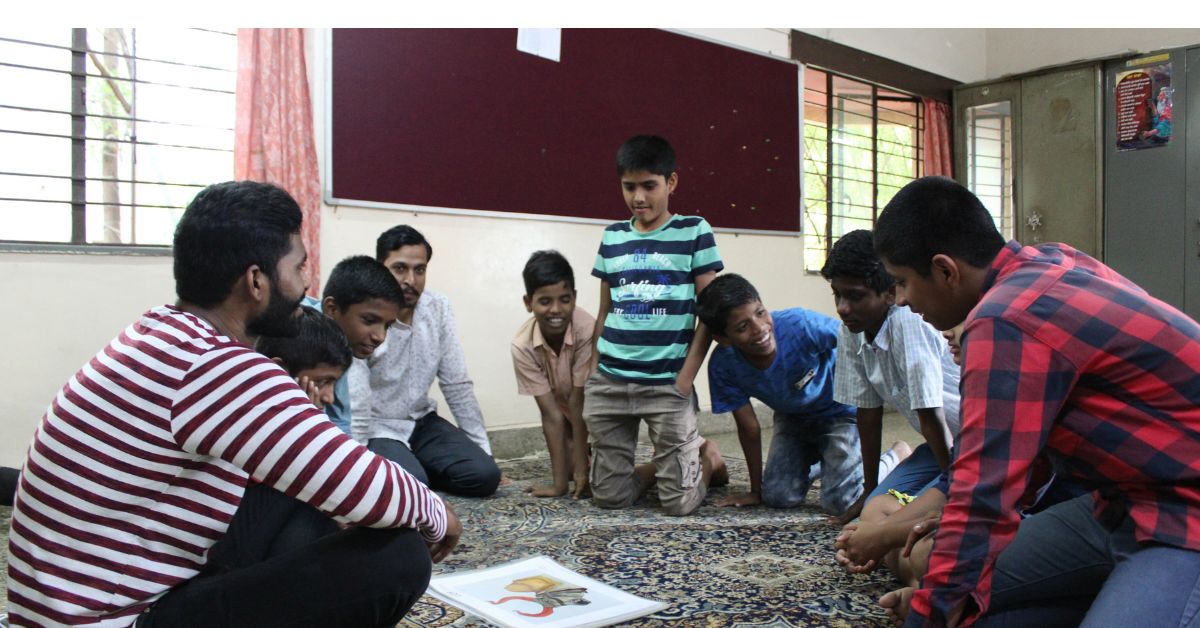
“They go beyond just including women as participants,” Anjana shares. “Instead, they are part of a continuum of gender integration.”
And what ensures their success?
In contrast to the strident rhetoric that has often been wielded while asking men to do better, ECF resorts to a probing approach. They let the boys arrive at the conclusion instead of preaching it to them.
“The challenges that boys face in transforming their attitudes and behaviours, and taking action are considered and addressed in the programme. Any language or methodology that ‘blames’ boys and does not protect their rights as children is strictly avoided,” Anjana adds.
The aim is to raise gender-equitable boys who seek to secure the rights of women and girls. One of their stand-out programmes is ‘Action for Equality’. The 120-hour programme spread across 60 weeks is targeted at getting adolescent boys to change their behaviours towards girls and women in their communities and their homes, Anjana elaborates.
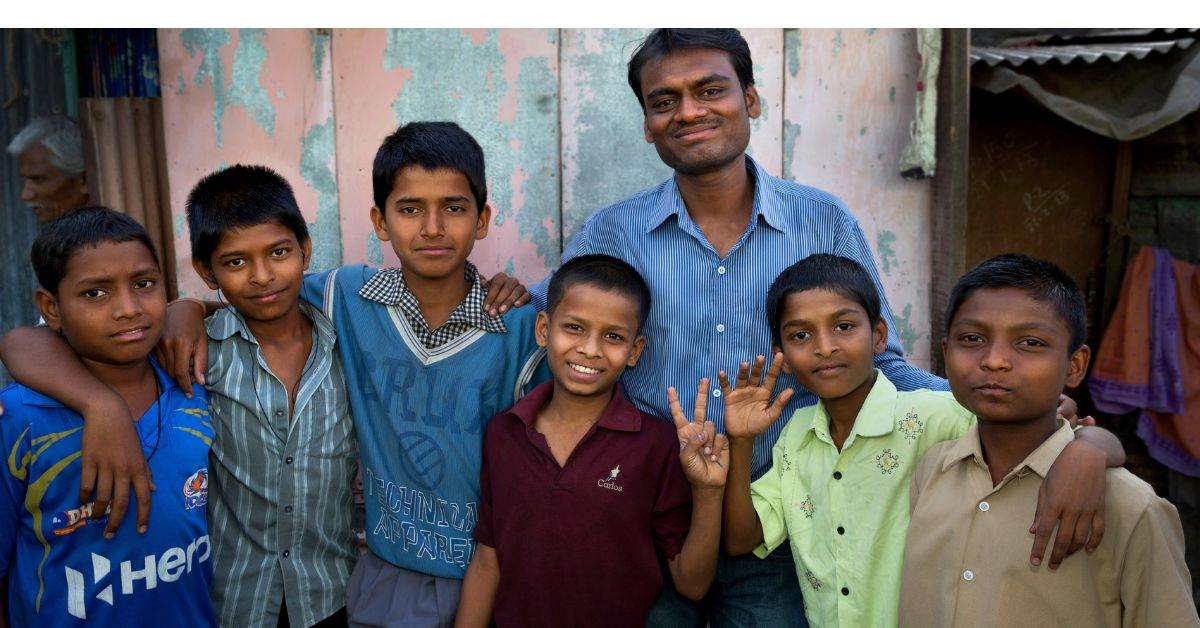
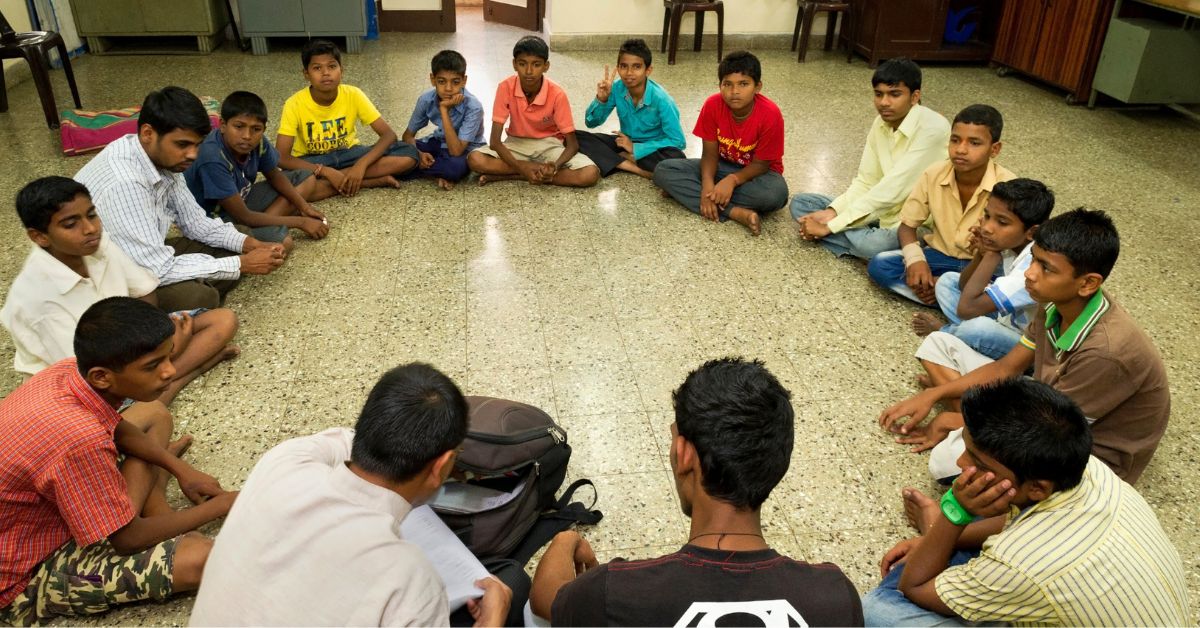
“This is the age where they are impressionable still and have the maturity to take a stand of their own. Boys don’t simply study equality, but they experience it. At the end of each cycle, boys take collective actions to support women and girls in their community,” she adds.
Sharing how at ECF, the goal isn’t just to champion change but to ensure its continuity, Anjana sheds light on ‘Project Raise’, which routinely assesses and evaluates progress among boys. “We check for things like improved communication, increased sharing of household chores, decrease in abusive behaviours, decrease in risk behaviours, and awareness on gender issues,” she notes.
Through Project Raise, she says ECF has built capacities of over 89 organisations that in turn champion gender-sensitive behaviours among the boys in their communities. Collectively, ECF has facilitated behavioural change in over 10,000 boys across India.
Eliminating gender bias through mindset shifts
As a teenager, Anjana was often advised, ‘Don’t go out of the home without a dupatta’ and ‘Pick a college that is closer to home’. The answer to ‘Why?’ would be answered with the usual retort ‘Because you are a girl’.
She often wondered, “Why is no one telling the boys not to make it unsafe for us, instead?” Today, she sees her scope of work at ECF as an answer to that innocent question. And change is imminent, she smiles.
Take Shivraj for example. From a truant who would while away his time whistling and passing comments at girls in his basti (slum) to one of ECF’s most valued alumni who now educates young boys on the implications of their actions, his life has come full circle.
And the secret ingredient has been introspection.
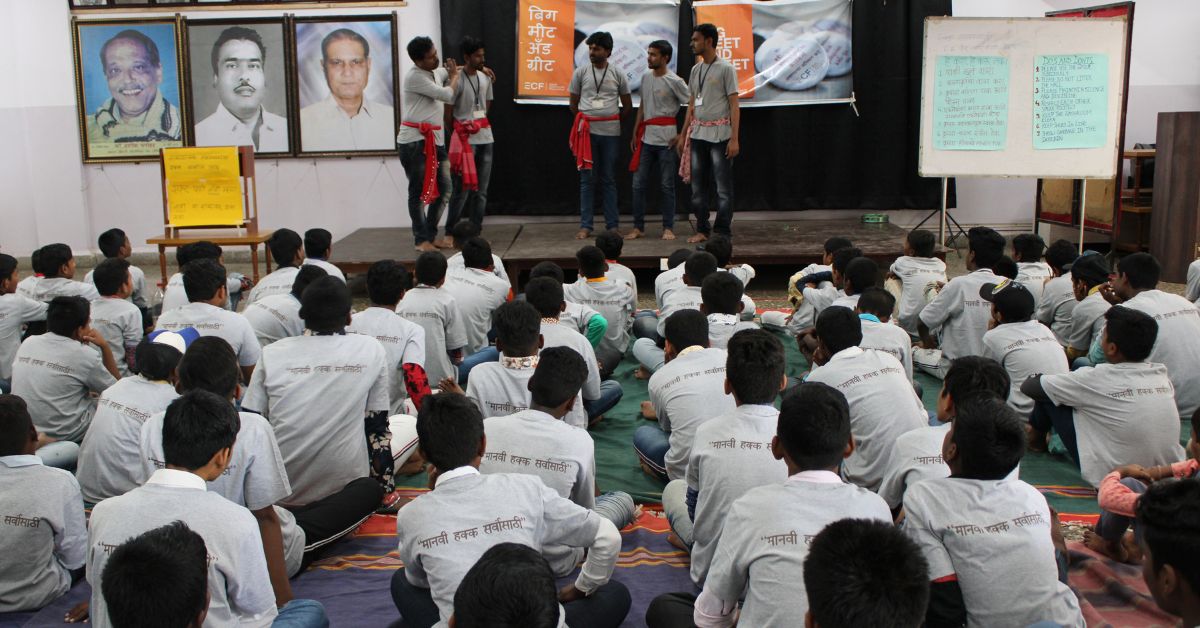
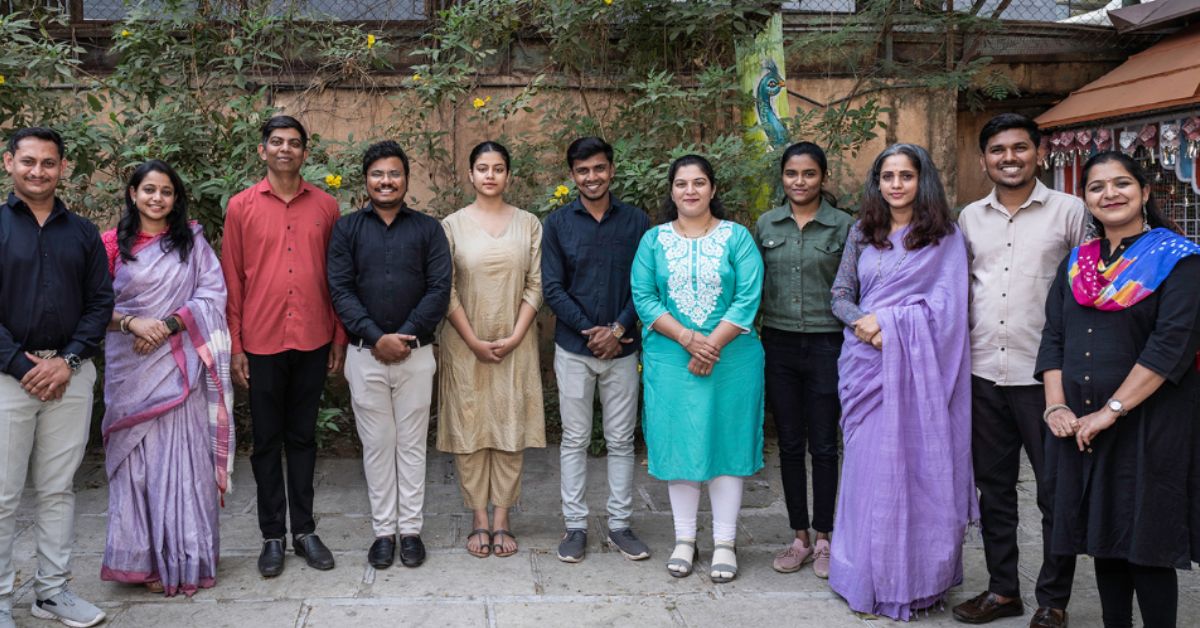
Underscoring how the idea of street sexual abuse is often not apparent to boys like Shivraj, Anjana takes us back to one particular session where the question, ‘What, according to you, is sexual violence?’, was posed to the teenager. His response — “If a boy touches or grabs a girl, that is sexual violence.”
Whistling, according to Shivraj, was okay since he wasn’t entering the girl’s physical space. So Anjana and the team probed, “When you tease a girl, how does she react?”
“She walks with her head bent low,” he replies. After some thought, Shivraj rectified his answer, “Actually, I rarely see her again.” His own response alerted him to the ripple effect of his jeers. Shivraj realised that he had violated the girl’s right to mobility.
In fact, Anjana smiles, today Shivraj is one of ECF’s most treasured alumni, mentoring other young boys on how to treat women in their communities.
Having mentored many such ‘Shivrajs’, Anjana is certain of a victory in the battle for gender equality. As she concludes, “Every boy is not part of the problem. But every boy can definitely be a part of the solution.”
Download the guidebook ‘Raising Boys Right’ here.
Edited by Pranita Bhat; Pictures source: Equal Community Foundation

No comments:
Post a Comment